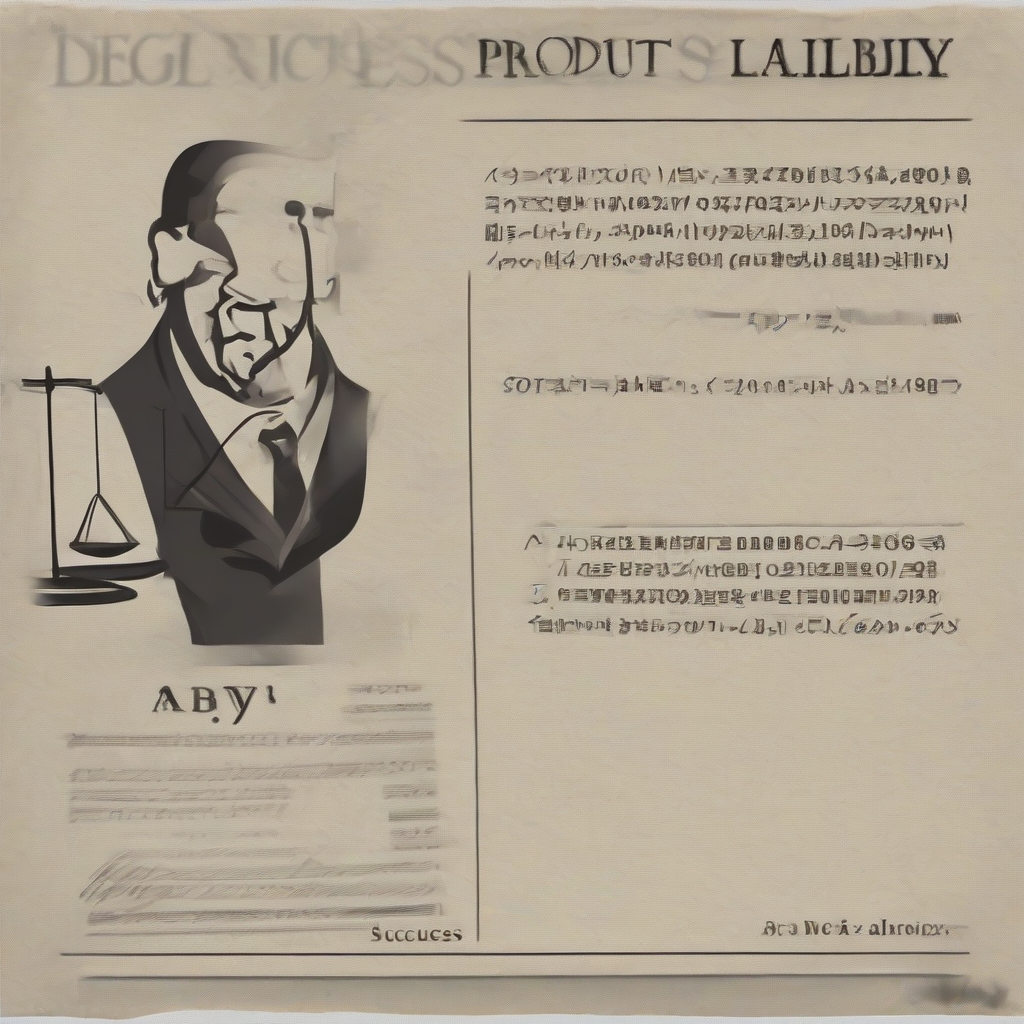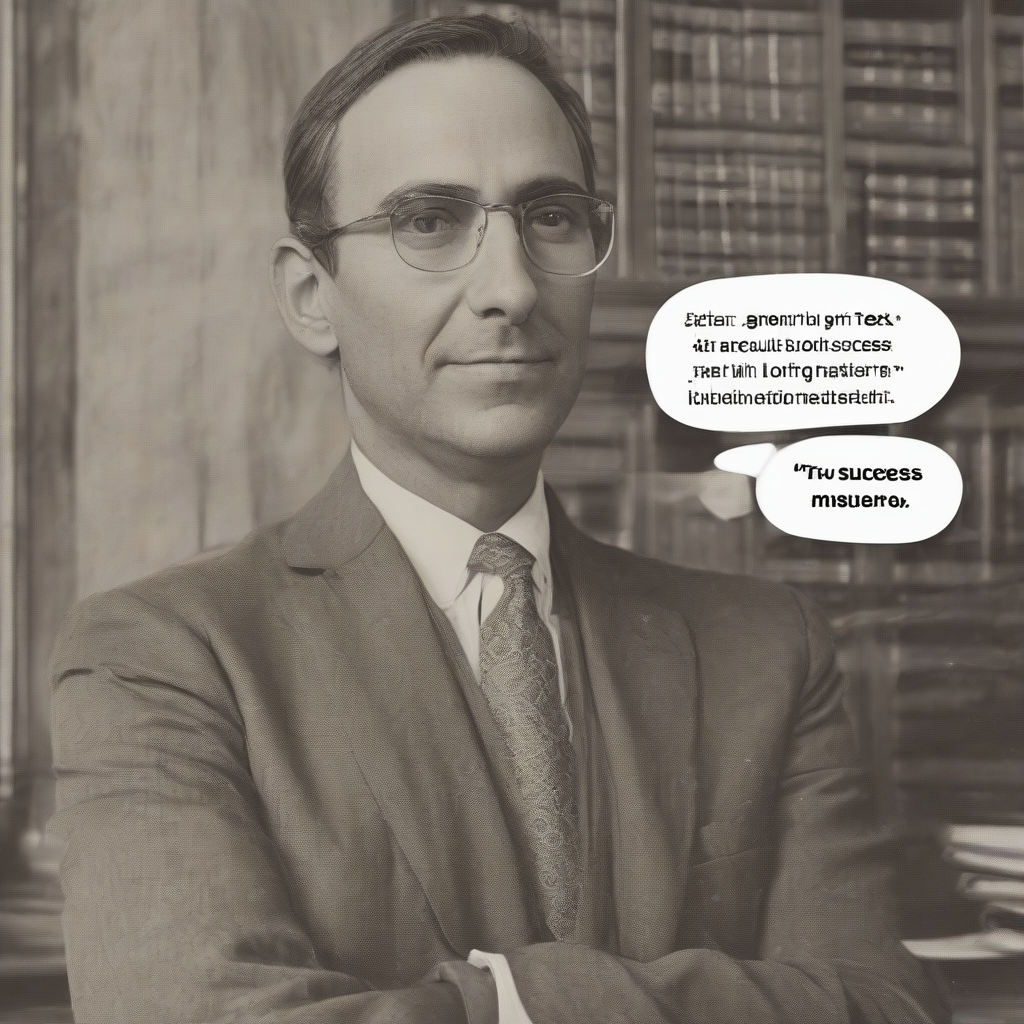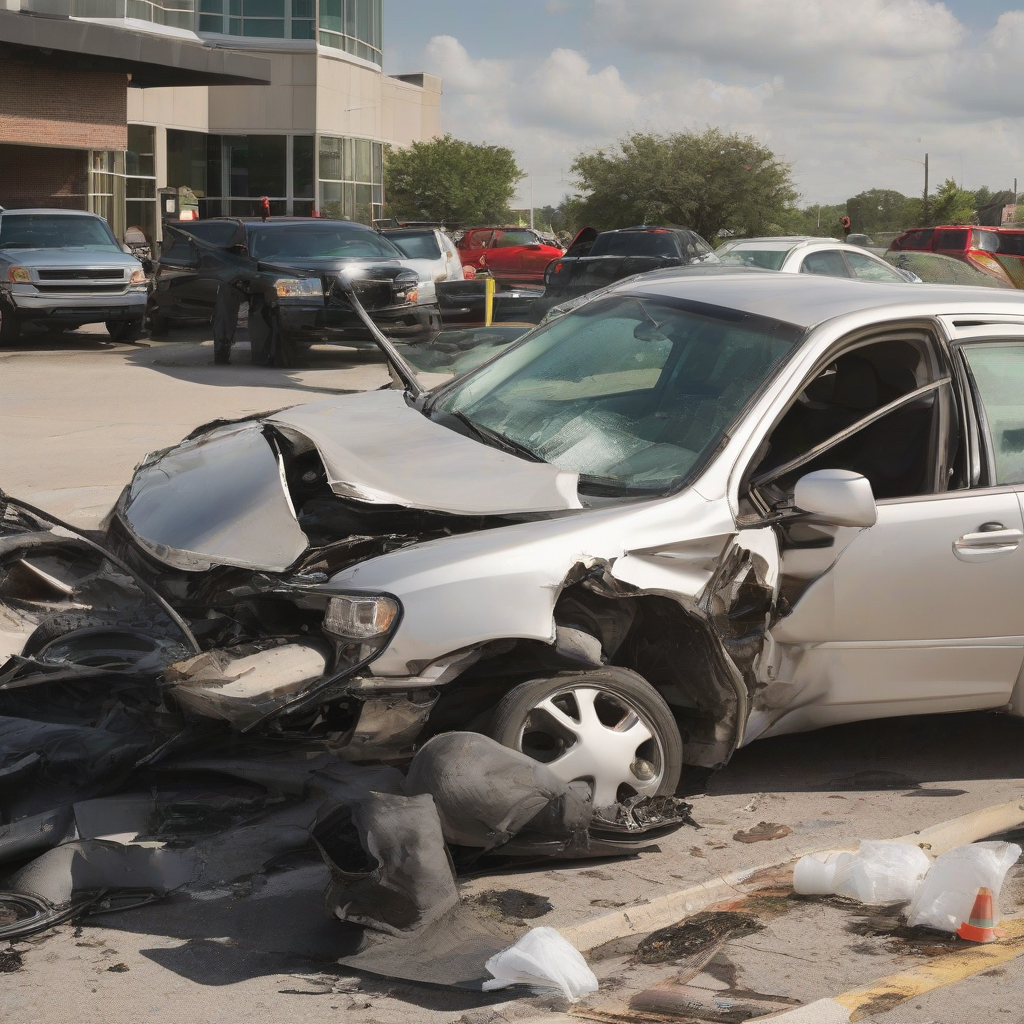Navigating the Complexities of Product Liability: A Comprehensive Guide to Finding and Working with a Products Liability Attorney
Navigating the Complexities of Product Liability: A Comprehensive Guide to Finding and Working with a Products Liability Attorney
Product liability law is a complex and intricate area of the legal system, designed to protect consumers from harm caused by defective products. If you or a loved one has been injured due to a faulty product, understanding your rights and finding the right legal representation is crucial. This guide provides a comprehensive overview of product liability law and the essential role of a products liability attorney.
Understanding Product Liability Law
Product liability law holds manufacturers, distributors, and sellers accountable for injuries caused by defective products. These defects can be categorized into three main types:
- Manufacturing Defects: These occur when a product deviates from its intended design during the manufacturing process. An example would be a car with a faulty brake system due to a manufacturing error.
- Design Defects: These exist when the product’s design itself is inherently flawed, making it unsafe regardless of how carefully it’s manufactured. A poorly designed ladder that easily collapses is an example.
- Marketing Defects (Failure to Warn): These occur when a product is not accompanied by adequate warnings or instructions about its potential dangers. A medication lacking clear warnings about possible side effects falls into this category.
To establish a product liability claim, you generally need to prove the following:
- The product was defective.
- The defect existed when the product left the manufacturer’s control.
- The defect caused your injury.
- You suffered damages as a result of the injury.
Proving these elements can be challenging, requiring substantial evidence, expert witnesses, and a thorough understanding of the relevant laws and regulations. This is where a skilled products liability attorney becomes indispensable.
The Role of a Products Liability Attorney
A products liability attorney specializes in representing individuals injured by defective products. Their expertise covers various aspects of the legal process, including:
- Investigation and Evidence Gathering: They will thoroughly investigate the circumstances of your injury, collecting evidence such as medical records, product documentation, witness statements, and expert opinions to build a strong case.
- Legal Strategy Development: They will develop a comprehensive legal strategy, determining the best course of action based on the specifics of your case, including whether to pursue a settlement or file a lawsuit.
- Negotiation and Settlement: They will negotiate with insurance companies and manufacturers to secure a fair settlement on your behalf. Many cases are resolved through settlement, avoiding the costs and uncertainties of litigation.
- Litigation: If a settlement cannot be reached, they will represent you in court, presenting your case to a judge or jury.
- Expert Witness Testimony: They will work with expert witnesses, such as engineers, medical professionals, and safety experts, to provide testimony supporting your claim.
- Damages Calculation: They will meticulously calculate your damages, which may include medical expenses, lost wages, pain and suffering, and other related losses.
Finding the Right Products Liability Attorney
Choosing the right attorney is crucial for the success of your case. Consider these factors when searching:
- Experience and Specialization: Look for attorneys with extensive experience in product liability cases. A lawyer who focuses solely on this area will have a deeper understanding of the complex legal issues involved.
- Reputation and Track Record: Research the attorney’s reputation and review their past successes in handling similar cases. Online reviews, professional recommendations, and bar association ratings can be helpful.
- Communication and Accessibility: Choose an attorney who communicates clearly and promptly, keeping you informed throughout the process. Accessibility and responsiveness are key to a positive client experience.
- Fees and Payment Arrangements: Understand the attorney’s fee structure, whether it’s hourly, contingency-based (a percentage of the settlement or judgment), or a combination of both. A contingency-based fee means the attorney only gets paid if you win the case.
- Personal Compatibility: It’s essential to feel comfortable and confident in your attorney’s abilities and personality. A good attorney-client relationship is crucial for a successful outcome.
Types of Products Involved in Liability Cases
Product liability cases can involve a wide range of products, including:
- Automotive Products: Cars, trucks, motorcycles, and other vehicles with defective parts or design flaws.
- Medical Devices: Implants, pacemakers, and other medical devices that malfunction or cause harm.
- Pharmaceuticals: Drugs with dangerous side effects or inadequate warnings.
- Consumer Electronics: Defective appliances, electronics, and other consumer goods.
- Industrial Equipment: Machinery and equipment used in factories or other industrial settings that cause injuries.
- Children’s Products: Toys, cribs, and other children’s products that pose safety hazards.
- Food and Beverages: Contaminated food or beverages that cause illness.
The Legal Process in a Product Liability Case
The legal process in a product liability case can be lengthy and complex. The general steps include:
- Initial Consultation: You will meet with the attorney to discuss your case and determine if you have grounds for a claim.
- Investigation and Evidence Gathering: The attorney will investigate the circumstances of your injury, gathering relevant evidence.
- Demand Letter: A formal letter is sent to the responsible party, outlining your claim and demanding compensation.
- Settlement Negotiations: The attorney will negotiate with the opposing party to try and reach a settlement.
- Filing a Lawsuit: If a settlement cannot be reached, the attorney will file a lawsuit on your behalf.
- Discovery: Both sides exchange information and evidence through depositions, interrogatories, and document requests.
- Trial: If the case goes to trial, the attorney will present your case to a judge or jury.
- Judgment and Appeal: The judge or jury will render a verdict, which can be appealed if either party is dissatisfied with the outcome.
Statutes of Limitations
It’s crucial to be aware of statutes of limitations, which are laws that set deadlines for filing lawsuits. These deadlines vary by state and type of claim. Missing the deadline can prevent you from pursuing your case. An experienced products liability attorney will be familiar with the relevant statutes of limitations in your jurisdiction.
Damages in Product Liability Cases
Damages awarded in product liability cases can include:
- Economic Damages: These are quantifiable financial losses, such as medical expenses, lost wages, and property damage.
- Non-Economic Damages: These are less tangible losses, such as pain and suffering, emotional distress, and loss of consortium (loss of companionship).
- Punitive Damages: These are awarded to punish the defendant for reckless or intentional misconduct, and to deter similar actions in the future. Punitive damages are not always awarded.
Conclusion (Omitted as per instructions)



